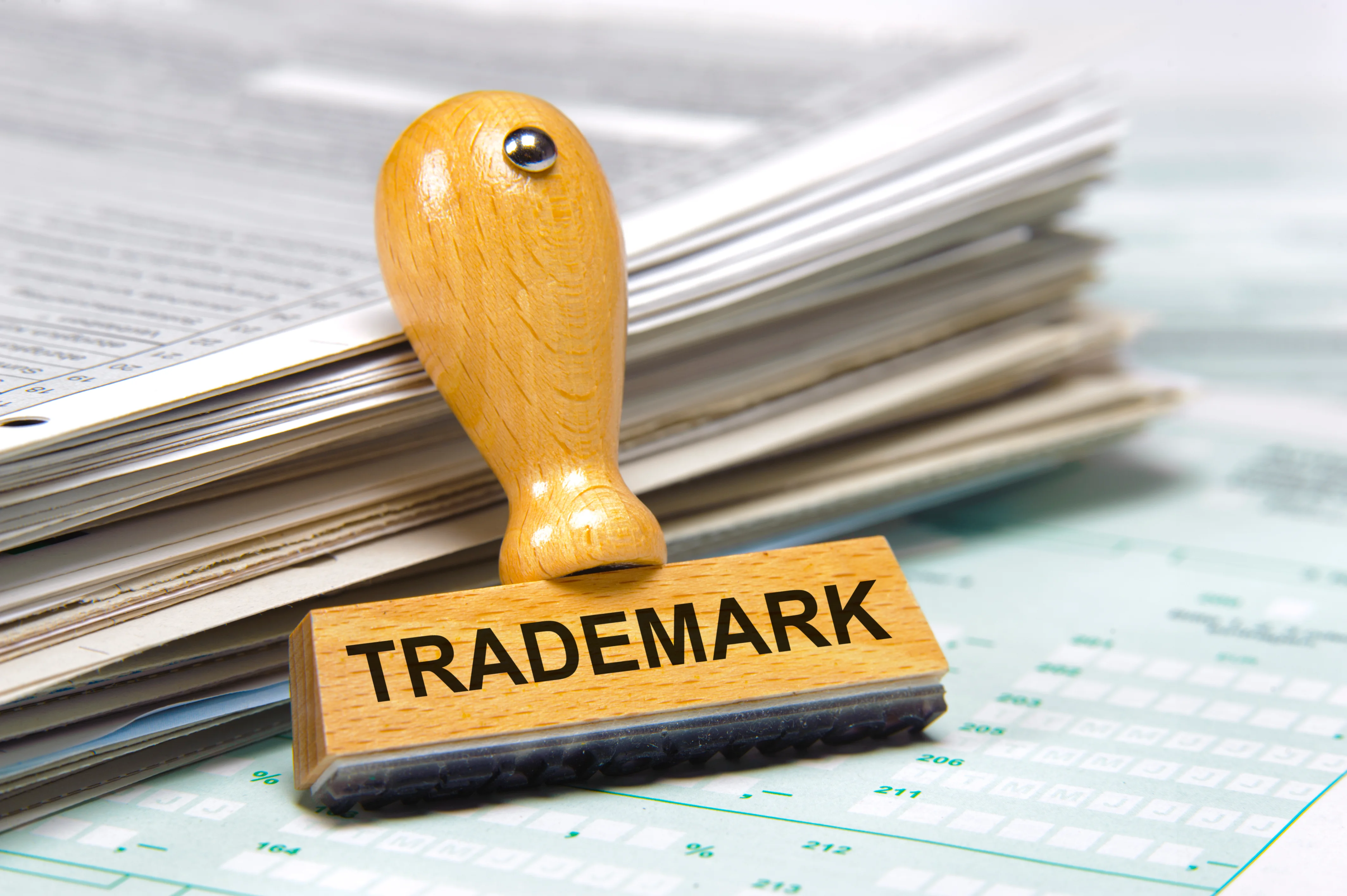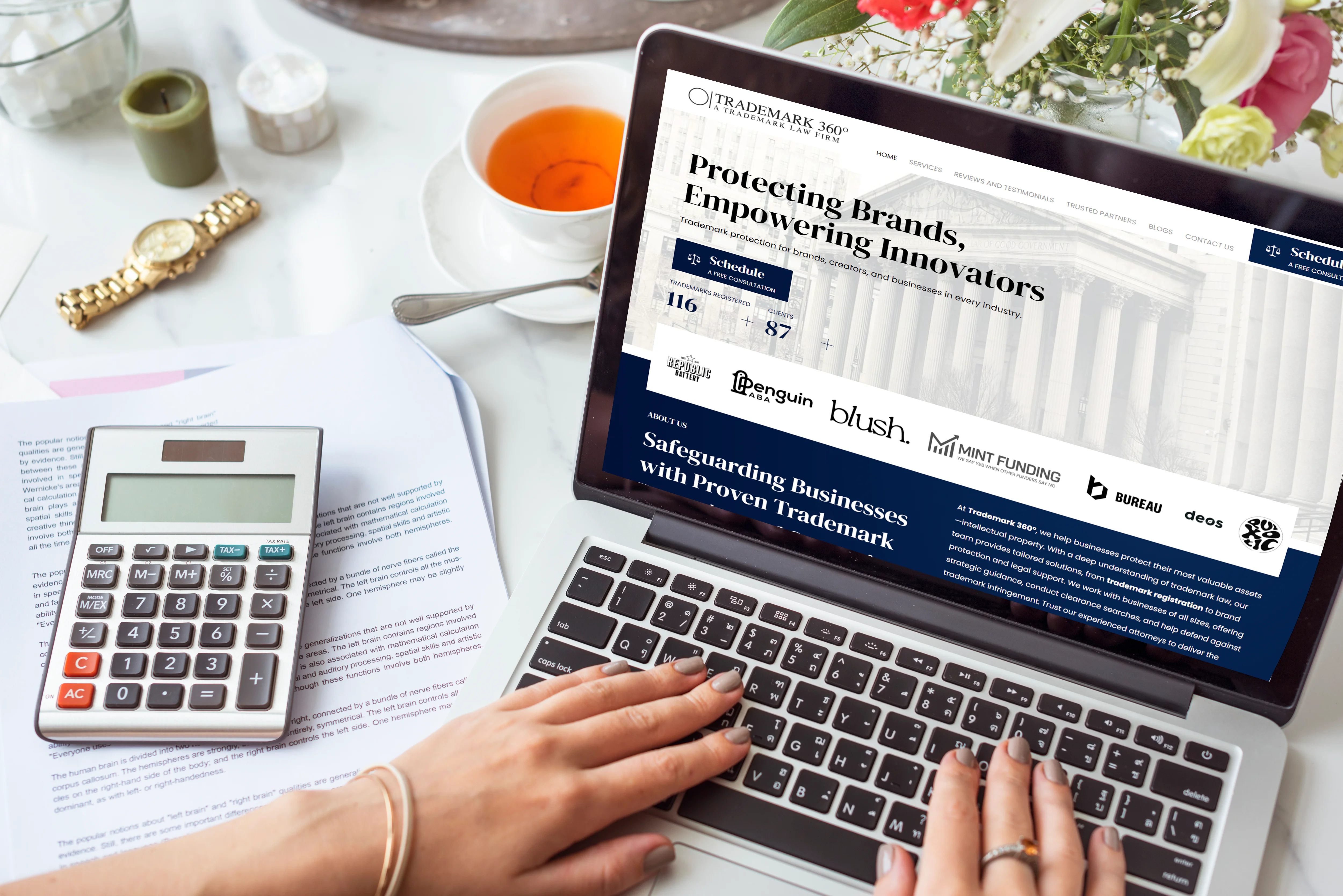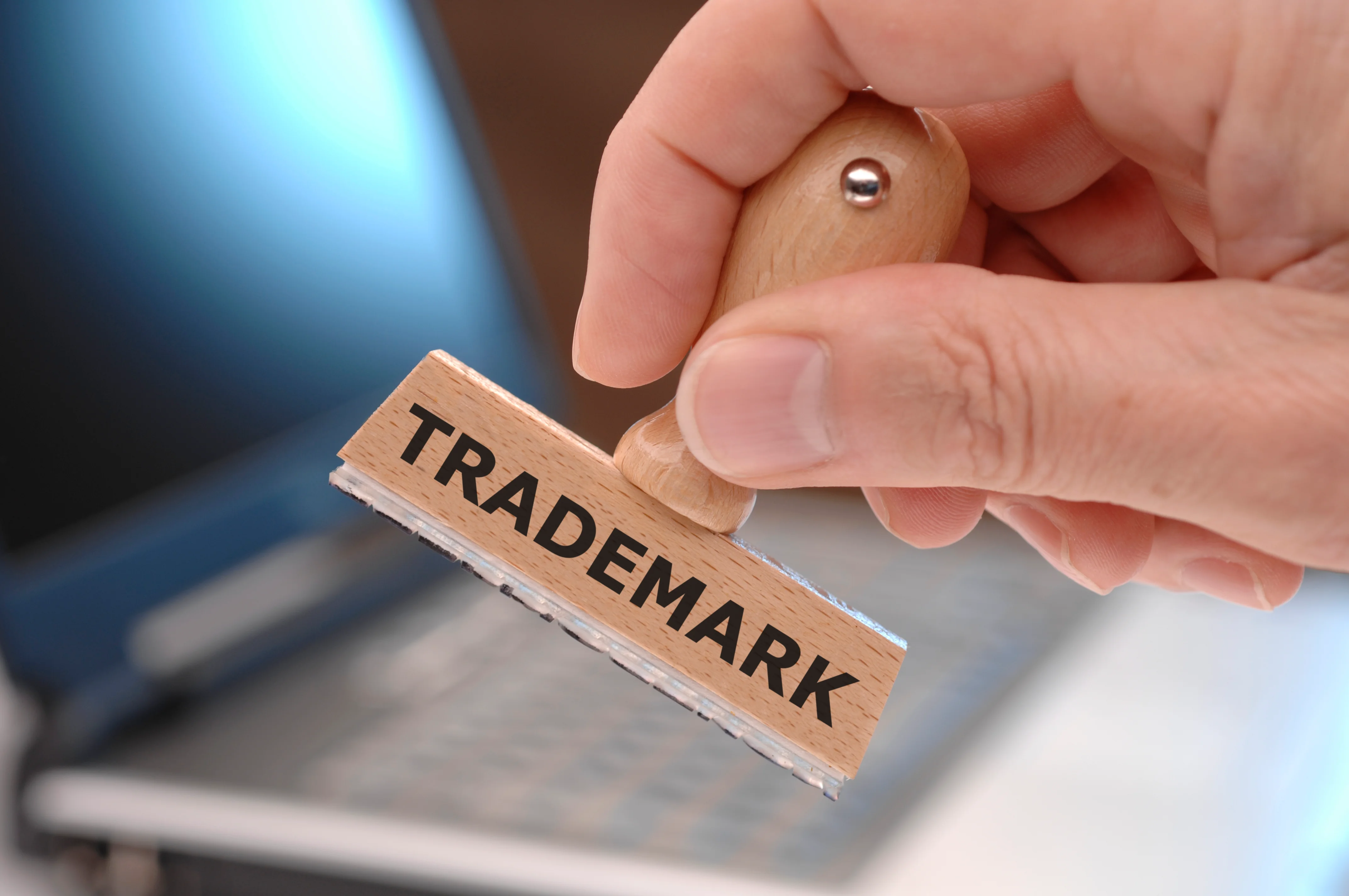In today’s competitive market, your business name isn’t just a label. It’s your brand’s first impression, reputation, and identity. It’s how customers remember you, refer you to others, and trust you. That’s why trademarking your business name is far more than a legal formality. It’s a strategic move that protects everything you’ve built.
Many entrepreneurs focus on product development, marketing, or forming an LLC, but they often skip one critical step: trademark registration. If you’re serious about building a brand that lasts, understanding the importance of trademark registration for business isn’t optional, it’s essential.
Understanding the Role and Importance of a Trademark
A trademark is any unique name, logo, symbol, phrase, or design that identifies and distinguishes your business in the marketplace. It gives legal recognition to your brand and creates a clear separation between your products or services and those of others.
So why is this important? Because brand identity is everything. In a world where competitors can easily mimic names or packaging, a trademark gives you the legal tools to protect what’s yours. The importance of trademarks in business lies in the exclusivity and ownership it provides. It helps establish credibility, ensures customer trust, and prevents brand confusion in the marketplace.
If someone else tries to use a name similar to yours in the same industry, a registered trademark gives you the right to stop them. Without it, your options are limited and often expensive.
Why Trademark Protection Is a Business Essential
Let’s be clear: just because you came up with a business name doesn’t mean you own it. Ownership in the legal sense only comes with registration. Even having a matching domain name or social media handle doesn’t give you trademark rights.
This is where the importance of trademark protection really comes into play. It’s what shields your business name from infringement, counterfeiting, or unauthorized use. Imagine investing years into growing your brand, only to have someone else trademark your name and force you to rebrand. It happens more often than you’d think and it's completely avoidable.
A real-world example is the long legal battle between Apple Corps (the Beatles' record label) and Apple Inc. (the tech giant). When Apple Inc. entered the music space with iTunes, it clashed with the existing trademarks owned by Apple Corps. Despite operating in different industries initially, the overlapping use of the name led to costly lawsuits and settlements over several decades. This situation highlights the importance of trademark protection early on, securing and clearly defining your trademarks can save your business from major legal battles later. Even globally recognized companies aren’t immune when trademark protections aren't handled correctly from the start.
A registered trademark helps you protect your brand name from copycats and lets you take legal action if necessary. It also serves as a deterrent. When your name is protected, competitors think twice before trying to ride your coattails.
Key Benefits of Trademarking a Business Name
Taking the step to trademark your business name goes beyond formality. It provides critical protection, legal leverage, and long-term strategic advantages. Below are the most valuable benefits, each reinforcing why trademarking your business name is more important than most people think.
1. Exclusive Rights to Your Brand Name
When you register a trademark, you gain the exclusive legal right to use your business name in connection with your goods or services. This means no other business in your industry can use a confusingly similar name. These rights are enforceable by law, allowing you to take action against infringement and copycats. Without registration, your ability to defend your brand is limited.
2. Legal Protection Nationwide (and Beyond)
A registered trademark provides protection across the entire U.S., not just in your local area. If you're planning to grow or already operate online, this becomes essential. With international expansion in mind, you can also apply for international trademark protection, giving your brand the ability to scale confidently without the risk of losing identity in new markets.
3. Stronger Legal Standing in Disputes
Should a dispute arise, registered trademarks give you stronger legal standing than unregistered names. It clearly establishes your ownership and first use, simplifying litigation and giving you the upper hand. This is a major reason behind the importance of trademark registration for business. It reduces vulnerability and protects what you've built.
4. Builds Brand Trust and Credibility
Customers are more likely to trust a business with a clearly protected identity. A trademark signals professionalism and long-term commitment. When you trademark your business name, you’re showing clients, partners, and investors that you're serious about your brand and its future.
5. Enables Business Expansion
Trademark registration supports franchising, licensing, and partnerships. It allows you to license your name to others while maintaining control over its use, opening up new revenue streams and expansion opportunities. This is one reason why trademarking your business name can be a strategic asset, not just a legal shield.
6. Adds Value to Your Business
A trademark is an intangible asset that grows in value over time. If you ever sell your business, your registered trademark can significantly increase its worth. It represents brand equity which is something buyers and investors recognize immediately. The benefits of trademarking a business name aren’t just about today; they’re about long-term value.
7. Easier to Register with Platforms Like Amazon
Many major platforms now require businesses to have a registered trademark. For instance, Amazon requires a pending or registered trademark in order to enroll in its Brand Registry program, which helps protect your listings and prevents counterfeit sales. This is a practical reason why your business needs a trademark, especially in the e-commerce space.
8. Public Notice of Ownership
Once your trademark is registered, it becomes publicly listed in the USPTO database. This acts as formal notice to others that your name is taken, reducing the chances of someone accidentally or intentionally infringing on your brand.
What Happens If You Don’t Trademark Your Business Name
Failing to trademark your business name can lead to major setbacks, many of which business owners don’t realize until it’s too late. Here’s what’s at stake:
Risk of Forced Rebranding: If another business registers your name first, you could be legally required to stop using it, even if you’ve been in business longer. Rebranding means changing your logo, marketing materials, website, and possibly losing customer trust. This highlights why trademarking your business name early is critical.
Weak Legal Protection: Without registration, you don’t have exclusive rights to your name. That limits your ability to prevent others from using a similar brand, making enforcement expensive and uncertain. This is where the importance of trademark protection becomes clear.
Loss of Market Opportunities: Platforms like Amazon, Walmart Marketplace, and others may deny you access to brand protection programs without a registered trademark. This can hinder your online growth and visibility. For instance, Amazon requires trademark registration to access its Brand Registry.
Vulnerability to Infringement: Without a trademark, anyone could copy your business name or create confusingly similar branding, damaging your reputation and siphoning customers. Trademarking your brand name ensures that your identity stays yours.
Limited Asset Value: A business name only becomes a legally recognized asset once it's registered. Without a trademark, you're not building the full value of your brand which can be a dealbreaker for investors or buyers. This underlines the importance of trademark registration for business value.
When Is the Right Time to Trademark Your Business Name?
Simple: before someone else does. Waiting too long can put everything you’ve built at risk. The earlier you protect your brand, the stronger your legal rights, and the easier it is to grow without setbacks. If you’re serious about your business, trademarking isn’t something to leave for later. Here’s when you should move quickly to secure your name and logo:
Before Launching Your Brand Publicly: Ideally, you should apply for trademark registration before announcing or launching your business name. This prevents others from seeing your idea and rushing to claim it.
As Soon As You Finalize a Name and Logo: If you're committed to a brand name or visual identity, it’s time to protect your brand name. Even if you're not yet selling products or services, an "intent-to-use" trademark application allows you to secure your rights in advance.
When You’re Planning to Scale or Expand: If you're thinking about franchising, selling on platforms like Amazon, or entering new geographic markets, you need a trademark in place. Again, Amazon requires trademark registration for Brand Registry access, something that opens the door to valuable protections and features.
If You’ve Faced Imitators or Confusion: Experiencing customer confusion or seeing lookalike brands pop up? That's your cue to legally protect your business name before the situation escalates.
In short, don’t wait for a legal issue or lost opportunity to realize the importance of trademark registration for your business. Acting early strengthens your brand and eliminates risk before it has the chance to grow.
Frequently Asked Questions About Trademarking Your Business Name
1. Why is it important to trademark your business name?
Trademarking your name gives you exclusive legal rights, protecting your brand from infringement and ensuring your identity remains unique.
2. What’s the difference between ™ and ®?
™ indicates an unregistered trademark, while ® can only be used after your trademark is officially registered with the USPTO.
3. How long does a trademark registration last?
A trademark lasts indefinitely if maintained, with renewals required every 10 years.
4. Can I trademark a logo and business name?
Yes, both can be registered separately, ensuring full protection for your brand.
5. How do I apply for trademark registration?
Search the USPTO database, then file an application online. It's helpful to work with a trademark attorney to ensure a smooth process.
Trademarking your business name is a vital step in securing your brand and ensuring long-term protection. By registering your trademark, you gain exclusive rights to your name, prevent infringement, and enhance your brand's credibility. Whether you're just starting out or looking to expand, trademarking your business name is key to protecting your hard work and creating lasting value. Don’t wait! Take the necessary steps today to safeguard your brand for the future.
Ready to secure your business name? Get in touch with Trademark 360° today to start your trademark registration process with trusted guidance every step of the way.
Powered by Froala Editor












